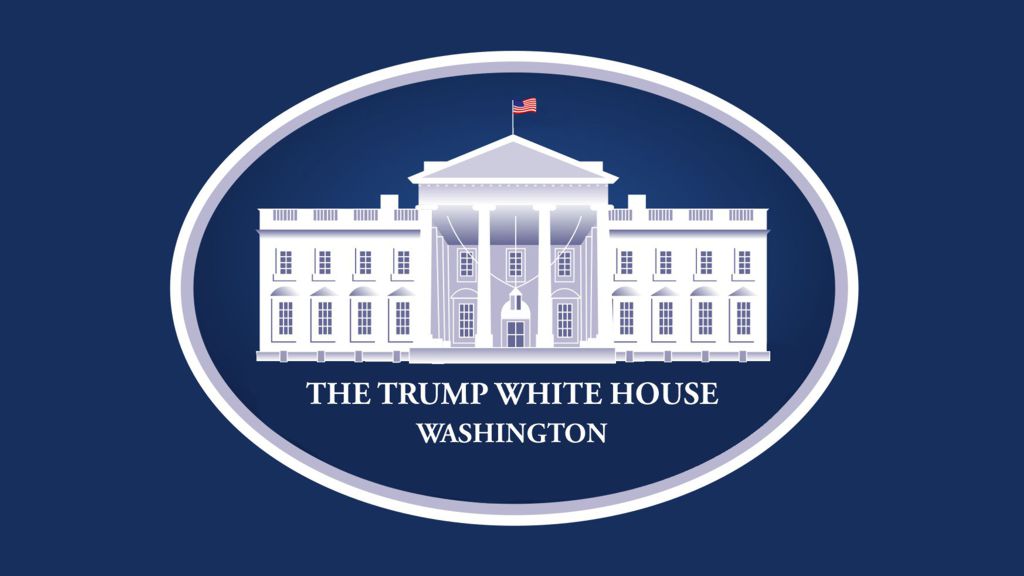Washington, July 29, 2020 | Rory Burke (202-225-2315)
Today, U.S. Representatives Paul A. Gosar, D.D.S. (AZ-4), Doug Collins (GA-9), Ralph Norman (SC-5), Lance Gooden (TX-5), Steve King (IA-4), Jim Banks (IN-3), Matt Gaetz (FL-1), Ted Yoho (FL-3), Tom Tiffany (WI-7), Ron Wright (TX-6), and Glenn Grothman (WI-6) introduced H.R. 7808 Stop the Censorship Act of 2020.
Section 230 of the Communications Decency Act (Section 230) affords Big Tech immunity from liability for third-party content. Section 230’s “Good Samaritan” provision provides immunity for the removal of users and content, and has been abused by Big Tech to censor competition and lawful speech. Political candidates, small businesses, medical professionals, pro-life advocates, journalists, authors, artists, comedians, supporters of President Trump, and many more are being censored by Google, Twitter, Facebook, Apple, Amazon, and other online platforms.
This legislation revokes immunity for the removal of competition and lawful speech, empowers users to protect themselves from objectionable material, and aligns with focused reforms recently recommended by the Justice Department:
- Reform to Promote Open Discourse and Greater Transparency
Section 230 currently provides online platforms with immunity for the removal of anything they perceive to be “otherwise objectionable.” The vagueness of the term “otherwise objectionable” grants platforms immunity to remove any speech they don’t like, without any potential recourse for the user. Stop the Censorship Act revokes immunity for the removal of “otherwise objectionable” material and instead provides a new standard of immunity for content removal – “unlawful, or that promotes violence or terrorism.” This provision also incentivizes platforms to be more transparent and abide by their own terms of service. Current terms of service are largely irrelevant while immunity is extended for the removal of anything that platforms consider to be “otherwise objectionable”. Click here for more information from the Justice Department. - Reform to Promote Competition
Section 230 greatly contributed to the size and power of Big Tech. Online platforms have argued that the inclusion of the term “otherwise objectionable” creates immunity from antitrust claims (Enigma Sofware v. Malwarebytes). Stop the Censorship Act ensures that Section 230 does not extend immunity for antitrust claims aimed at promoting and preserving competition. Click here for more information from the Justice Department.
Instead of empowering Big Tech with immunity to remove anything they don’t like, this legislation extends protections to online platforms for “any action taken to provide users with the option to restrict access to any other material,” empowering users to choose content filter options.
“Online platforms should not have special immunity to censor competition and lawful political speech,” said Rep. Gosar. “The broad and undue immunity for content and user removal granted by Section 230 must be reined in by Congress. We cannot continue to subsidize, deputize, or blackmail Silicon Valley to decide what is or isn’t an allowable conversation. Stop the Censorship Act of 2020 empowers users and limits Big Tech to the same rights and liabilities as everyone else.”
“Freedom of speech and market competition are two of the strongest pillars of American freedom. But ‘Big Tech,’ has shown little regard for either. Congress must protect the values that make America great.” said Rep. Banks.
“Our country was founded on the free exchange of ideas and the ability of all Americans to speak freely, a principle that has allowed the Internet to thrive,” said Rep. Collins. “But in recent years, companies like Twitter and Google have used Section 230 as a shield while unlawfully abusing the First Amendment rights of their users. It’s time we put an end to Big Tech’s unlawful censorship by rolling back their broad protections and promoting market competition, which is exactly what the Stop the Censorship Act of 2020 will do.”
“Freedom of speech is paramount to the fabric of America. No one should have the power to censor political speech, including ‘Big Tech’,” said Rep. Gooden.
Congressman Gosar first introduced the Stop the Censorship Act on July 25, 2019. Today’s introduction of Stop the Censorship Act of 2020 aligns with recent recommendations for Section 230 reform from the Justice Department and complements President Donald J. Trump’s Executive Order on Preventing Online Censorship.
It’s simple: #BigTech is too powerful. They silence conservatives, while giving global terrorists a voice. In fact, they may even rig the 2020 election.
— Rep. Paul Gosar, DDS (@RepGosar) July 28, 2020
New legislation coming tomorrow… pic.twitter.com/fBM76CZW5d







